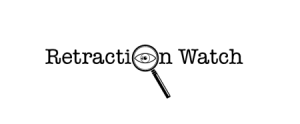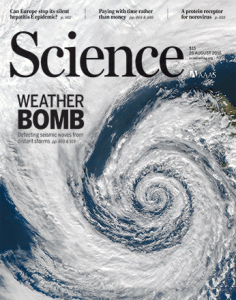 Longtime Retraction Watch readers may recall that in 2013, we were forced to temporarily remove ten posts following a false — and frankly ridiculous — copyright infringement claim.
Longtime Retraction Watch readers may recall that in 2013, we were forced to temporarily remove ten posts following a false — and frankly ridiculous — copyright infringement claim.
Well, it’s happened again.
On Wednesday, our host, Bluehost, forwarded us another false copyright claim — aka a Digital Millennium Copyright Act (DMCA) takedown notice — by someone calling himself “Jiya Khan” and claiming to be based in Delhi, India. (Well, specifically, in “Rohini,sector-12,” which would mean that he or she is based at one of two petrol stations.)
Khan insisted under penalty of perjury that a December 2014 post of ours — which we have now temporarily removed from public view (more on that in a moment) — violated his or her copyright.
What actually happened, in an eerie echo of the 2013 case, is that Continue reading We’ve temporarily removed a Retraction Watch post. Here’s why. (Hint: A bad law.)
 Drumroll please.
Drumroll please. Without you, we wouldn’t exist. Plain and simple.
Without you, we wouldn’t exist. Plain and simple.
